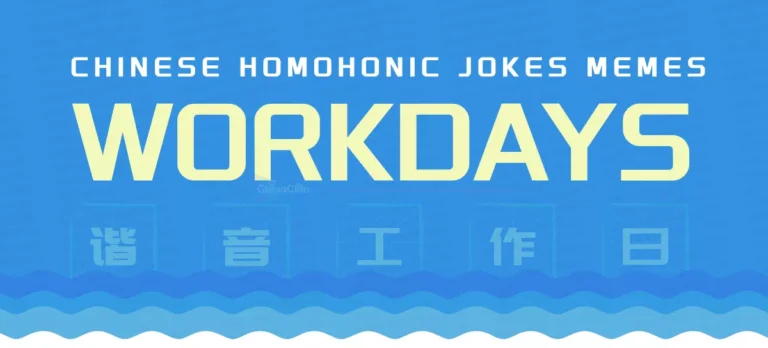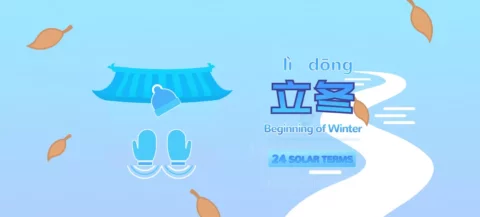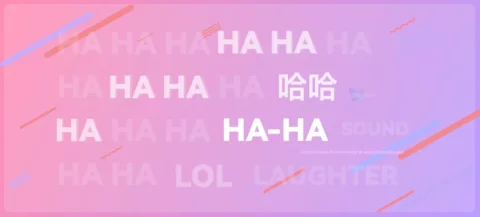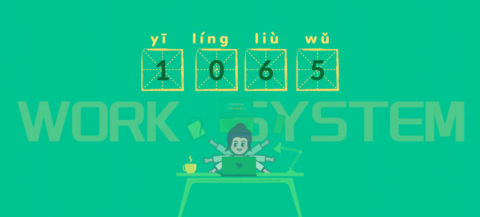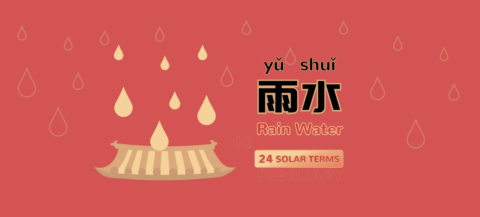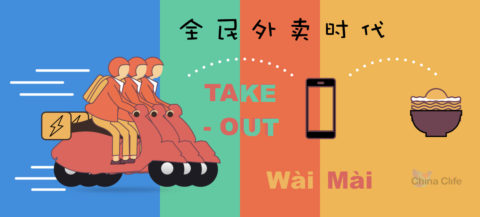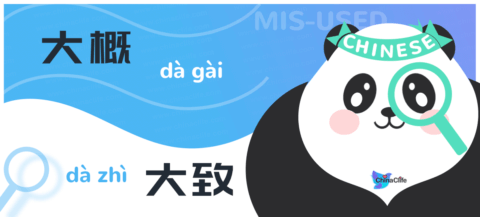Learn Complete Everyday Chinese Time Expressions for Days: Day-Related Words and Phrases For Different Tenses
表达“日”相关的中文常用时间语
The Everyday Chinese Time Expressions for Days and Day-Period, Days of the Week and Weeks, Months, Years, etc are the basic skills for Chinese language study. The following Chinese Time Expressions for Days and Day-Period of Time are the most common Chinese time words and phrases that are used to indicate the tenses or time events in Standard Chinese. Unlike that in English, there are no verb tenses in Chinese sentences. Instead, to indicate the past, present, and future tense, the Chinese time phrases and expressions are playing important roles in conjunction with some Chinese Time Adverbs and Tense Auxiliary Words.
Target Story Words
English Words:
Chinese Pinyin:
Standard Chinese:
Similar Chinese Words:
“日”的时间短语 Rì de shí jiān duǎn yǔ Chinese phrases of days or Chinese time expressions for days.
Related Chinese Words:
“月”的时间短语 Yuè de shí jiān duǎn yǔ Chinese phrases of months or Chinese time expressions for months.
“年”的时间短语 Nián de shí jiān duǎn yǔ Chinese phrases of years or Chinese time expressions for years.
Table of Story
- Story Word in English / Chinese / Pinyin
- Listen to Chinese Pronunciation
- What Are Everyday Chinese Time Expressions for Days?
- Core Characters to Signal a Day
- Several Time Indications to Distinguish Day Time & Tenses
- A Series of Everyday Chinese Time Expressions for Days:
Everyday Time Words,
Everyday Time Phrases,
Advanced Expressions for Days (For Logged-ins) - The Next May Interest You
- Share & Comment
What Are Everyday Chinese Time Expressions for Days and Day-Period?
关于表达“日”的常用时间语
The Everyday Chinese Time Expressions for Days refer to the day-related time words and phrases that are the most commonly used to indicate tenses or day-related events in the modern Chinese language.
“日”的常用时间语指的是在现代汉语中常用来指明时态及与“日”相关事件的时间词和时间短语。
Firstly, Two Core Characters to Signal A Day
核心字 “日”与“天”:指明以“日”为时间基准
In standard Chinese, the two core characters are marking the meaning of a "Day" in the common Chinese time expressions for days, both of which can help distinguish the following Chinese time words for days from others, such as those for weeks, months, years, etc.
在汉语里,一般用两个汉字来指明是以 “日” (Rì) 为基准的时间词,从而将以下表达“日”相关的中文时间词与其他如周、月、年的时间词区分开来。
These Core Characters to signal the "Day" in Chinese as below:
表明以“日”为时间基准的核心字,如下:
- 日 (Rì) - here means the "day" in Chinese
日 - 这里指“日子”- a formal Chinese character to signal the day or sometimes a particular day in Chinese time expressions.
表达以“日”为时间段的书面文字,或偶尔特指某个特殊的日子; - often appears in written Chinese and more formal time expressions.
常出现在书面语及中文写作中; - and its original meaning refers to the sun.
本义指太阳。
- a formal Chinese character to signal the day or sometimes a particular day in Chinese time expressions.
- 天 (Tiān) - also means the "day" in Chinese
天 - 这里也指“日子”- a casual Chinese character to mean the day or sometimes the season in Chinese time expressions.
表达以“日”为时间段的口头语,有时也指某个季节; - often appears in both spoken and written Chinese. see sample expressions below.
常出现在口语及中文写作中; - and its original meaning refers to the sky.
本义指天空。
- a casual Chinese character to mean the day or sometimes the season in Chinese time expressions.
See simple samples of everyday Chinese time expressions for days.
Next, Several Chinese Time Indications Help Distinguish Day Period of Time and Tenses
“日”指示词:可区分日时间和时态
Generally, the core characters can not tell the Completed Chinese time expressions for days solely unless they are matched with some Chinese time indications, such as the basic morphemes "昨"(zuó), "今"(jīn), "明 "(míng), etc. Checkout their meanings as below.
通常来说,代表“日”时间段的核心字还需搭配一些“日”指示词,如“昨”、“今”、“明”等,才能构成完整的“日”时间语,词意如下。
Additionally, these indications among Chinese time expressions for days not only show us the differences of time but also indicate which tense there are in the sentences. As we know, there are no verb tenses in Chinese sentences but using the Chinese time expressions, some Chinese time adverbs, and tense auxiliary words instead to indicate whether it's the past, present, future, or other tenses.
这类“日”指示词不仅表明时间上的区别,也提示了句子中相应的时态。众所周知,中文句子里是没有动词时态的,而是用一些时间词、时间副词和时态助词来表明时过去/现在/将来时或其他时态。
The Common Chinese Time Indications Used in Chinese Time Expressions for Days as below:
常见的“日”指示词,如下:
- To indicate Past tense: 昨 (zuó) - last, past, yesterday, 前 (qián) - past, former, previous
指向过去时态:昨、前 - To indicate Present tense: 今 (jīn) - now
指向现在时态:今、 - To indicate Future tense: 明 (míng) - next in time words, 后 (hòu) - after in time words
指向将来时态:明、后
Everyday Chinese Time Words for Days with Two Simple Characters
常用“日”时间词:二字组合
- 昨天 - (zuó tiān) - yesterday
- 今天 - (jīn tiān) - today
- 明天 - (míng tiān) - tomorrow
- 前天 - (qián tiān) - the day before yesterday
- 后天 - (hòu tiān) - the day after tomorrow
- 一天 - (yì tiān) - one day
- 数天 - (shù tiān) - several daya
- 每天 - (měi tiān) - everyday, each day
- 天天 - (tiān tiān) - everyday, daily, day by day
- 当天 - (dāng tiān) - same day
- 整天 - (zhěng tiān) - all day
- 半天 - (bàn tiān) - half a day, half of the day
- 白天 - (bái tiān) - daytime
Everyday Chinese Time Phrases for Days with Three-Character Combination
常用“日”时间短语:三字组合
- 大前天 - (dà qián tiān) - three days ago, or the second day before yesterday
- 大后天 - (dà hòu tiān) - three days later, three days from today, or the second day after tomorrow
- 前一天 - (qián yì tiān) - the previous day
- 后一天 - (hòu yì tiān) - the previous day
- 三天前 - (sān tiān qián) - three days ago, similar to "大前天"
- 五天后 - (wǔ tiān hòu) - five days later, in five days
- 数天前/后 - (sān tiān qián/hòu) - several days ago/later
Enjoy!
Questions & Additional
Have you got any tips from this bilingual Chinese story above?
Do you have any other questions or suggestions?
You are free to write it down in the "Comments" section below or in our groups.
Any thought from you is appreciated, valuable, and might help the rest of the residents on the planet. 😀
Additionally...
Did You Start Learning Chinese with Pinyin?
Continue to read our User-friendly Chinese-Pinyin version of this story
(Unlocked for Free Logged-in and Premium residents only).
Hope it Helps! : )



